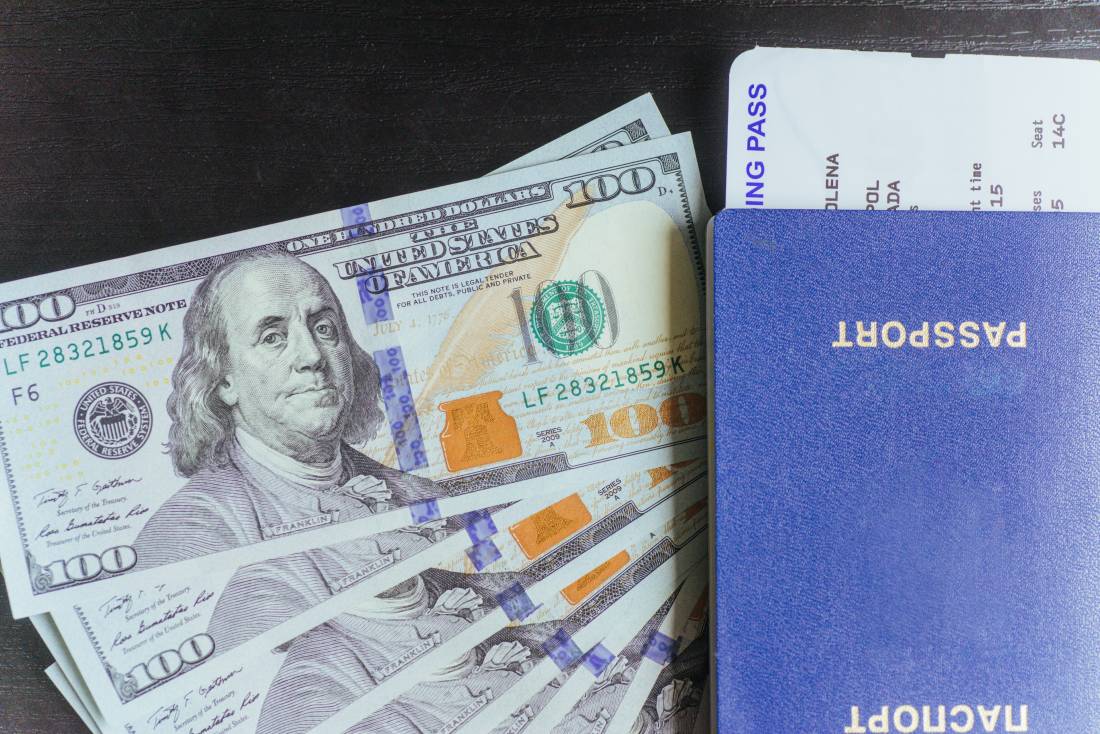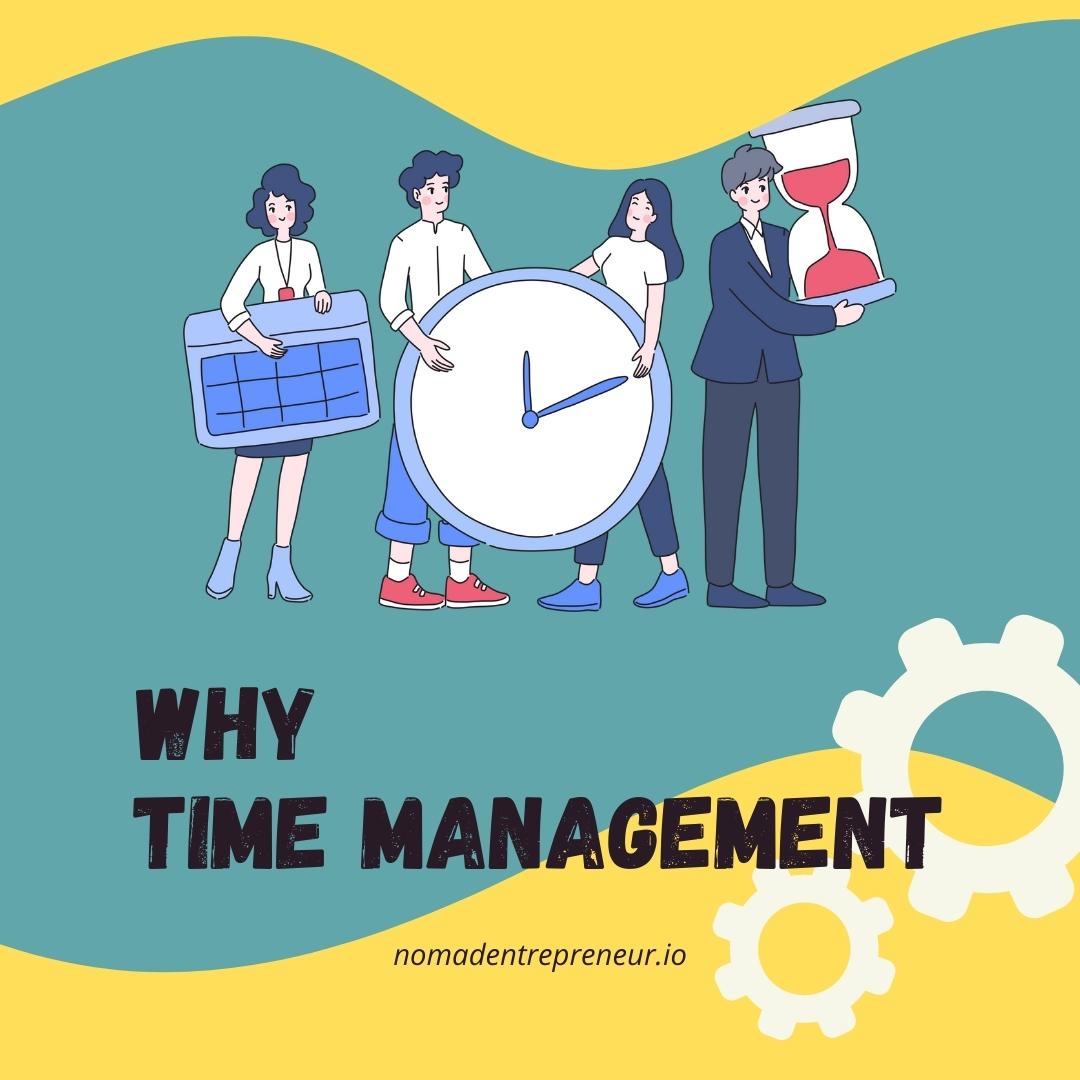Are you thinking of starting a business overseas? If so, you are in luck! This is a great time to do so, as there are many opportunities available in different countries around the world. In this guide, we will walk you through the process of starting a business abroad. We will discuss everything from choosing a country to setting up your business structure. So, whether you are just starting to think about going global or are ready to take the plunge, this guide has everything you need!
What to consider before starting a business overseas
When you’re ready to take your business global, there are a few things you need to consider. In this article we will explore some of the key considerations that need to be made before taking your business international.
Language barriers
If you’re planning on doing business in a country where English is not the primary language, you’ll need to be prepared to overcome any language barriers. This may mean hiring bilingual staff or partnering with a local company that can help with translations.
Cultural differences
Cultural differences can impact business deals and negotiations. It’s important to do your research and understand the business culture of the country you’re expanding into. This will help you avoid any potential misunderstandings or cultural faux pas.
Regulatory environment
Each country has its own set of business regulations that you’ll need to comply with. Make sure you’re familiar with the applicable laws and regulations before doing business in a new country.
Infrastructure
The infrastructure in each country can vary greatly. This includes things like transportation, telecommunications, and energy. Make sure you understand the infrastructure situation in the country you’re expanding into and how it may impact your business operations.
Expanding your business overseas can be a great way to grow your company. Just be sure to keep these four factors in mind to ensure a smooth and successful expansion.
How to choose the right country for your business
There are many factors to keep in mind when making this decision, and it’s not always easy to choose the right country for your business.
There are many factors to consider when choosing a country for your business. Here are five of the most important:
I decided to move to Thailand in 2012 to start my first company: it allowed me to grow my business much faster than I could have in the U.S., and it made me who I am today.
Bryce Welker
Market potential
One of the most important things to consider is the market potential in each country. This includes factors like population, GDP, and purchasing power. Doing your research on each country’s market potential will help you choose the right one for your business.
To succeed in today’s economic climate, you must understand your market. The most important aspect of this research is understanding the personality and trends behind it so that a company can be successful while overcoming any obstacles they may face along their entrepreneurial journey – which could potentially lead to bankruptcy if not done properly!
For example:
- Perform an IP audit (to make sure there aren’t any trademarks or patents)
- Do feasibility studies on how much money will come out after expenses have been taken care off;
- Find financial consultants who specialize with local markets but also offer international know-how when necessary because nobody knows every single thing about business everywhere.
Regulatory environment
Another important factor to consider is the regulatory environment in each country. Each country has its own set of business regulations that you’ll need to comply with. Make sure you’re familiar with the applicable laws and regulations before expanding into a new country.
Infrastructure
The infrastructure in each country can vary greatly. This includes things like transportation, telecommunications, and energy. Make sure you understand the infrastructure situation in the country you’re considering and how it may impact your business operations.
Political stability
Finally, you’ll want to consider political stability when choosing a country for your business expansion. A stable political environment is typically more conducive to business growth than an unstable one.
Political instability can have a major impact on businesses. When the political environment is unstable, it can be difficult to do business in that country. This is due to the fact that the business climate is constantly changing and it’s difficult to predict what will happen next.
Additionally, when a country is experiencing political instability, it can be difficult to get visas for employees or to transport goods in and out of the country. This can severely impact business operations and growth.
For these reasons, it’s important to consider political stability when choosing a country for your business expansion. A stable political environment is typically more conducive to business growth than an unstable one.
What legal and financial considerations you need to take into account
When expanding a business to new, foreign shores, there are a multitude of things to take into account- from the practical, like ensuring you have the requisite legal and financial paperwork in order, to the more abstract, such as understanding and adapting to the customs of your new market. While daunting, if done correctly, expanding in a foreign market can be an extremely lucrative move for any business.
You need to be ready with the answers to questions such as:
- What is the best legal structure for my business: Sole Proprietorships, Partnerships Corporations, S Corporations, or Limited Liability Company (LLC)? Remember the name of the legal structure might differ from one country to another for example in the Netherlands businesses legal structures are as follow: Private limited company, Public limited company, Cooperative, Association, and Foundation.
Read more: businesses legal structure in the Netherlands.
- Where should I pay tax? Successful entrepreneurs move their businesses abroad to reduce taxes and benefit from double taxation treaties. So if they have to pay 40% taxes in the USA, they can pay 0% taxes if their businesses are running in Dubai or Hong Kong! It’s not that simple and there are too many complications and obstacles. However, with the help of an expert you can overcome them.
Consider the tax implications of incorporating in a foreign country. In some cases, it can be beneficial from a tax standpoint. But in other cases, it could actually end up costing you more money. So do your homework before making a decision.
How to manage your finances while running a business overseas
When you’re running a business abroad, it’s important to be aware of the financial challenges you may face. There are a few key things to keep in mind when managing your finances.
One of the first things to do when managing your finances while running a business overseas is get a firm grip on the foreign currency situation. You’ll need to know how to convert your home currency into the local currency, and you should also be aware of any fees or charges that may apply. Once you have a good understanding of the foreign currency, you can create a budget.
When creating a budget, it’s important to be realistic about your income and expenses. Make sure to include all of your business costs, as well as any personal living expenses.
Once you have a budget in place, stick to it as closely as possible. It can be tempting to overspend when you’re abroad, but if you want to keep your finances under control, it’s important to stick to your budget.
Finally, be mindful of your expenses while running a business abroad. There are often many ways to cut costs, so it’s worth taking the time to explore all of your options.
If you can find ways to reduce your business expenses, you’ll be in a much better position to manage your finances while running a business in a foreign country. By following these tips, you can keep your finances under control and run a successful business abroad!
How to set up your business operations in a new country
Beginning your company operations in a new market could be overwhelming. However, contracting a local expert is a must for your business to succeed.
Prepare your business plan
If you’re thinking of expanding your business abroad, there are a few things you need to take into account when it comes to preparing your business plan. For starters, you’ll need to research the new market variables in the country or region you’re looking to expand into. This includes everything from understanding the local business culture and customs to identifying potential business partners and customers.
You’ll also need to create a detailed financial projection for your business, taking into account the increased costs associated with doing business in a foreign country. But if you do your homework and put together a solid business plan, there’s no reason why your business can’t succeed in a new overseas market.
Hire qualified workers
You need to build a team of qualified employees. It’s given that work ethics and mentality differ from one nation to another and finding hard-working people is not an easy mission most of the time.
When expanding your business abroad, it’s important to have qualified employees who are familiar with the local culture and business customs. This will help ensure a smooth and successful expansion.
If you try to operate your business with employees who are not familiar with the local culture, you may run into problems. For example, they may not be able to communicate with local customers or suppliers, which could impact business operations.
Additionally, unfamiliarity with the local culture can lead to cultural misunderstandings and mistakes, which can damage your business’ reputation.
That’s why it’s important to have employees who are familiar with the local culture and customs when expanding your business overseas. They’ll help ensure a smooth and successful expansion.
Marketing is the key!
Marketing your business abroad can be a daunting task. There are many things to consider, such as the cultural differences between countries and where do your customers spend most of their time online? However, with a little research and planning, you can develop an effective marketing strategy that will help you reach your business goals.
As a matter of fact, there are opportunities in many emerging markets. Your competitors most of the time don’t know how to deliver their message to interested clients, which presents an opportunity for businesses who have highly qualified marketers.
One of the first steps is to identify your target market is to answer on the next questions:
Who are you trying to reach with your product or service? Once you know who you want to target, you can start to research the best way to reach them. Consider things like language barriers and cultural norms. For example, in some countries it may be considered rude to directly promote your products or services. In other cases, a more subtle approach may be necessary.
Next, you need to develop your branding. What makes your business unique? How do you want people to perceive your company? Answering these questions will help you create a brand identity that you can use in your marketing materials. It’s also important to have a clear message that you want to communicate to your target audience. What are the benefits of using your product or service? Why should they choose you over your competitors?
For small and emerging businesses, going global is a significant undertaking that could disrupt existing business activities. Thus, it is for crucial for CEOs and business leaders to understand its full impact and determine if the rewards outweigh the risks. Stakeholders across the organization will be called on to carry more responsibilities to continue to execute on day-to-day activities in addition to the global initiative.
Michael Evans
The challenges of doing business abroad
When incorporating your business in a foreign country, make sure to seek the help of an expert in the local market. We have in history some big names have made huge mistakes when they expanded their operations to foreign markets.
For instance: Braniff Airlines employing a term that meant “fly nude” in Mexico! The company thought it was inviting Spanish-speaking consumers to enjoy their new leather seats and planes, but instead and because of the wrong translation Spanish speakers got an invitation to fly naked.
Another example is KFC’s unintentional Chinese translation of its tagline to “Eat your fingers off” !
Another challenge is Corruption
Corruption is a major business risk in many countries. It takes many forms, from bribery and extortion to embezzlement and money laundering. corruption can have devastating consequences for businesses.
It can damage reputation and brand equity, deter investment, increase costs, distort markets, and erode trust in institutions. It can also lead to legal and regulatory problems, including prosecutions under anti-corruption laws.
Businesses that operate in countries with high levels of corruption are especially vulnerable. They may be required to pay bribes to secure licenses or permits, or to get their products through customs.
They may also face extortion by government officials or criminal gangs. As a result, corruption can make it very difficult for businesses to operate effectively and compete on a level playing field. In some cases, it may even force them to leave the country altogether.
To minimize the risks posed by corruption, businesses should consider conducting thorough due diligence on business partners and local officials. They should also develop policies and procedures to prevent and detect corrupt practices. And they should make sure that their employees receive training on anti-corruption laws and policies.
Conclusion
Before starting a business abroad, it’s important to do your research and make sure the country you choose is the right fit for your company. There are many legal and financial considerations you need to take into account, as well as how to set up your business operations in a new country. The challenges of doing business overseas can be daunting, but with careful planning and execution, your company can thrive in any market. Have you started a business in another country? Comment below and let me know your experience.












I have a rental property in the Philippines that is operating under my sister’s name who is a Philippine citizen.How do I put my rental property under my name? I am a U.S.citizen.